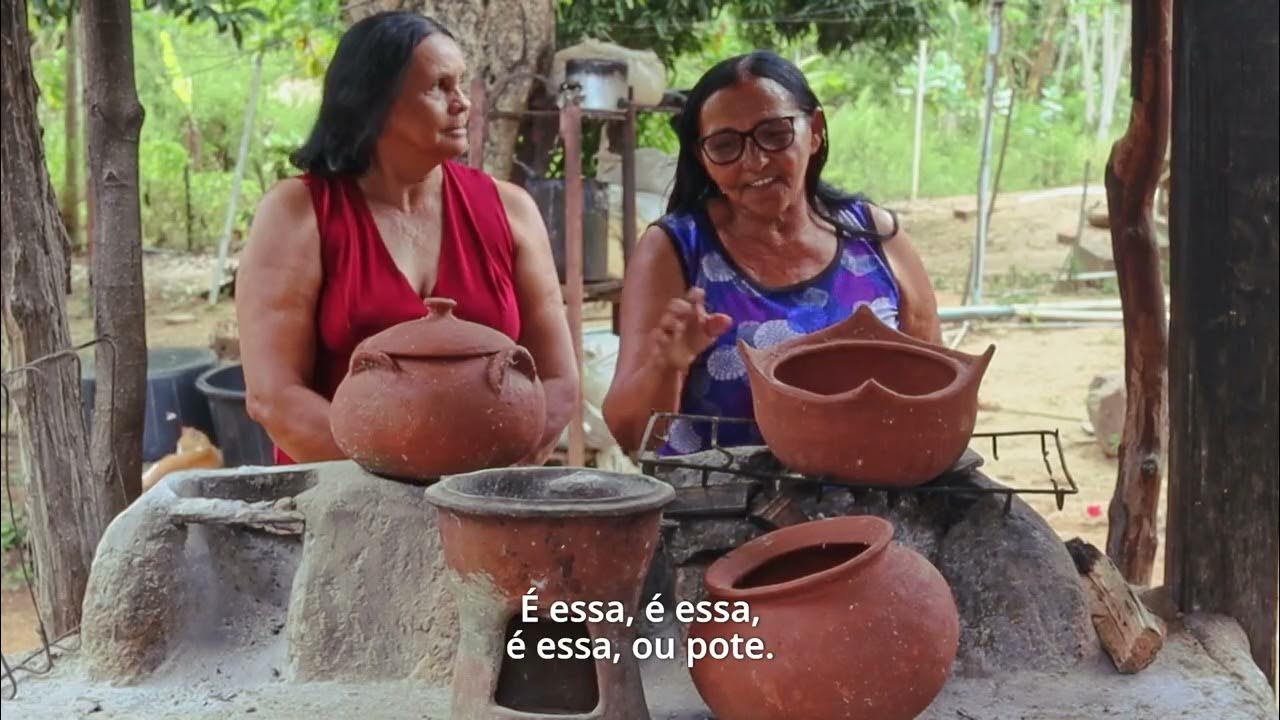Mexico's Third Gender
Summary
TLDRThe transcript offers a vibrant glimpse into the mushe community of Juchitán, Oaxaca, highlighting their rich cultural identity and the challenges they face. Participants share personal journeys of self-acceptance, emphasizing the significance of community and celebration through events like the 'vela.' Despite encountering societal discrimination, they express pride in their unique roles and traditions, fostering a sense of belonging. The discussion captures the interplay of tradition and modernity, showcasing the resilience and spirit of the mushe individuals as they navigate their identities in a changing world.
Takeaways
- 🌍 The mushe community in Juchitán, Oaxaca, has a rich cultural heritage that combines Zapotec traditions with contemporary gender identities.
- 🏳️🌈 Members of the mushe community often face challenges in acceptance, especially regarding romantic relationships, despite strong family support.
- 🎉 The vela festival is a significant cultural event that celebrates mushe identities, fostering community and shared experiences.
- 👩🎤 Personal journeys towards self-acceptance often begin at a young age, highlighting the importance of early recognition of one's identity.
- 💪 Speakers emphasize the need for respect and visibility for diverse gender expressions and sexual orientations in society.
- 🍽️ The vela festival encourages communal participation, where attendees bring food to share, reinforcing bonds among community members.
- ✨ Many speakers express a desire to challenge stereotypes and misconceptions about mushe identities and lifestyles.
- 💖 The mushe identity is viewed as a third gender, blending aspects of both masculinity and femininity, enriching the cultural landscape.
- 🛑 Issues like discrimination and societal expectations still persist, requiring ongoing advocacy for acceptance and understanding.
- 🎭 The speakers call for greater awareness and dialogue around issues faced by the mushe community, aiming for a more inclusive future.
Q & A
What is the significance of Juchitán in the context of the mushe community?
-Juchitán is home to over 160,000 inhabitants and is notable for its unique cultural identity, particularly within the Zapotec culture, where the mushe community plays a significant role in preserving traditional customs and expressing their identity.
How do mushe individuals differ from gay men in larger urban settings?
-Mushe individuals, as described in the transcript, may not be attracted to other mushe but rather to heterosexual men, which differentiates them from gay men who typically seek same-sex partners.
What role does the 'vela' play in the mushe community?
-The 'vela' is a cultural celebration in the mushe community that serves as a gathering to honor traditions, share food, and dance, creating a sense of unity among participants.
What challenges do mushe individuals face regarding acceptance in their communities?
-While mushe individuals often receive acceptance from their families, they face challenges in having romantic relationships, which are generally frowned upon in their communities, leading to a sense of loneliness.
How do the perspectives of mushe individuals on their identity vary?
-Mushe individuals express a strong sense of identity and freedom in embracing who they are, despite societal pressures. Many have worked towards acceptance and self-identity from a young age, often beginning this journey around ages 4 to 5.
What types of economic opportunities do mushe individuals typically pursue?
-Many mushe individuals pursue sex work as a primary economic opportunity, as they often face limited job prospects due to societal discrimination and stigma surrounding their identities.
What does the term 'mayordomo' refer to in the context of the celebrations mentioned?
-The term 'mayordomo' refers to a person responsible for organizing and funding the festivities, including the vela, in the mushe community, highlighting the importance of community involvement in these celebrations.
What types of physical modifications do some mushe individuals undergo?
-Some mushe individuals undergo various cosmetic surgeries and hormone treatments to align their physical appearance with their gender identity, which can include breast augmentation and facial surgeries.
How do mushe individuals perceive the influence of modernity on their culture?
-Mushe individuals acknowledge the challenges posed by modernity and external societal influences, yet they strive to maintain their cultural traditions and sense of community amidst these changes.
What are the emotional effects associated with hormonal treatments for mushe individuals?
-Hormonal treatments can lead to significant emotional changes for mushe individuals, including mood swings and alterations in emotional well-being, reflecting the complexity of their experiences in transitioning.
Outlines

このセクションは有料ユーザー限定です。 アクセスするには、アップグレードをお願いします。
今すぐアップグレードMindmap

このセクションは有料ユーザー限定です。 アクセスするには、アップグレードをお願いします。
今すぐアップグレードKeywords

このセクションは有料ユーザー限定です。 アクセスするには、アップグレードをお願いします。
今すぐアップグレードHighlights

このセクションは有料ユーザー限定です。 アクセスするには、アップグレードをお願いします。
今すぐアップグレードTranscripts

このセクションは有料ユーザー限定です。 アクセスするには、アップグレードをお願いします。
今すぐアップグレード5.0 / 5 (0 votes)






